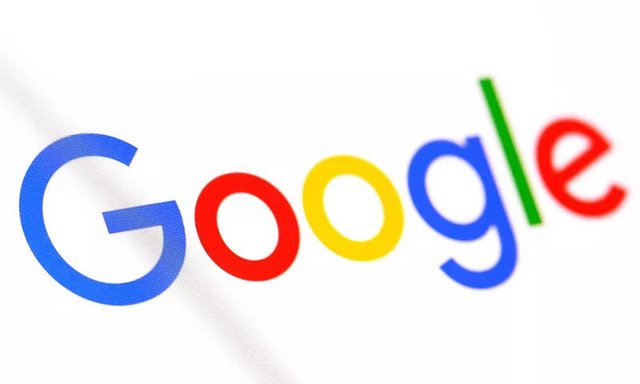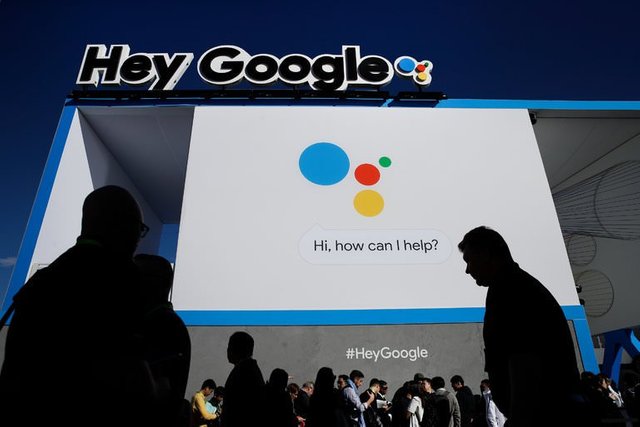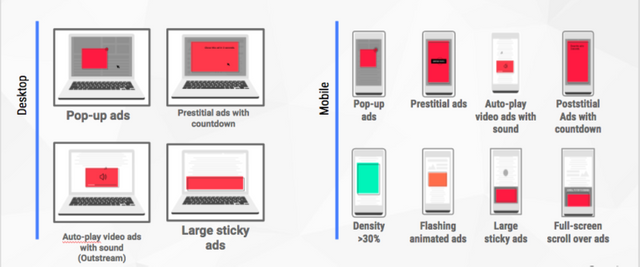
Google has a new strategy to combat pesky pop-up ads that plague internet browser users around the globe. In what appears to be a contradictory move for a company whose profits come largely from advertising, Google is now blocking particularly annoying advertising on its browser

On Thursday, Google did something about the problem,the company updated its browser, Google Chrome, so that it bans such ads by default on mobile devices and desktop computers. The change will probably improve the average person’s internet day — and give the tech giant an even greater role in shaping the web

In total, 12 different types of adverts across desktop and mobile will be targeted by the feature, based on responses from more than 40,000 internet users in North America and Europe on their experience with adverts.Google said it will notify websites which it finds breach the guidelines and give them 30 days to make changes, only blocking adverts after that period if the issues persist

With the Chrome update, the company hopes to come out ahead by lessening the temptation of web users to install more comprehensive ad-blocking software. In other words, Google is betting that ridding the web of especially intrusive ads will render it more hospitable to advertising in general — and more profitable for advertisers and Google itself
Google said:
This is the outcome we were hoping for – that sites would take steps to fix intrusive ads experiences themselves and benefit all web users

Once ads are blocked in Chrome they’ll be filtered at the network level to prevent them from loading at all. Chrome will check a site against known ad-related URL patterns from the EasyList filter, blocking the request if there’s a match. Google’s Chrome ad blocking will likely face criticism from advertisers and publishers, but if it achieves its goal of improving web ad standards then it’ll be a good thing for the entire industry